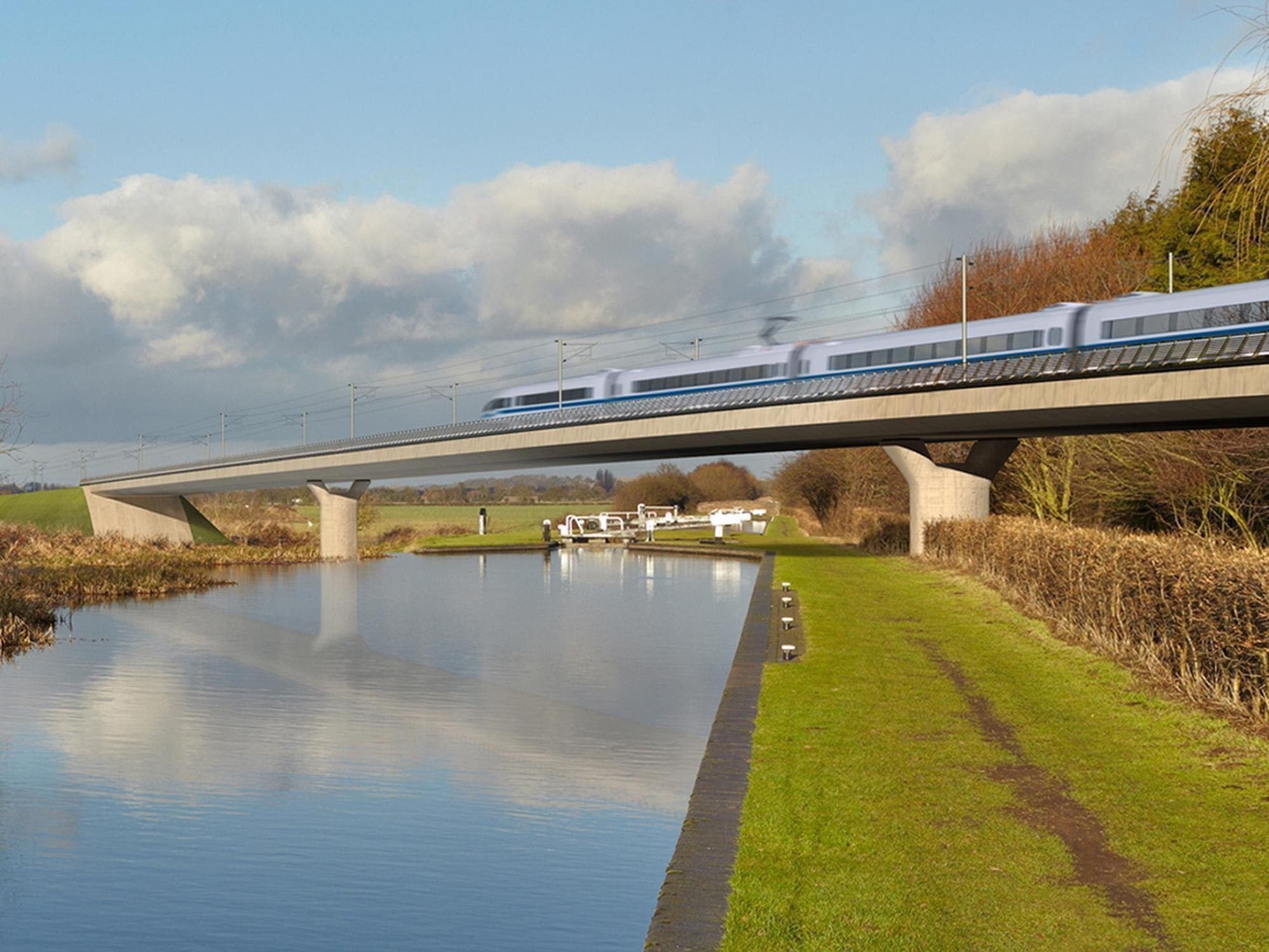Tens of thousands of trees die as HS2 bosses say replacing them more 'cost-effective' than watering
Conservationists warn of threat to 'irreplaceable, centuries-old ancient woodland' from massive rail project

Your support helps us to tell the story
From reproductive rights to climate change to Big Tech, The Independent is on the ground when the story is developing. Whether it's investigating the financials of Elon Musk's pro-Trump PAC or producing our latest documentary, 'The A Word', which shines a light on the American women fighting for reproductive rights, we know how important it is to parse out the facts from the messaging.
At such a critical moment in US history, we need reporters on the ground. Your donation allows us to keep sending journalists to speak to both sides of the story.
The Independent is trusted by Americans across the entire political spectrum. And unlike many other quality news outlets, we choose not to lock Americans out of our reporting and analysis with paywalls. We believe quality journalism should be available to everyone, paid for by those who can afford it.
Your support makes all the difference.Tens of thousands of trees planted to mitigate the environmental impact of the High Speed Rail 2 (HS2) route have died following the 2018 summer drought.
More than one-third of saplings planted in 2017-18 had to be replaced a year later, bosses admitted, as they said putting in new plants was cheaper than keeping the old ones alive.
Some 89,000 trees planted between November 2017 and March 2018 later died, out of a total of 234,000 – or 38 per cent.
HS2 leaders, who have promised to plant 7 million trees along the route, pointed the finger at last year’s searing summer weather.
A spokesman said in a statement to The Independent: “The summer of 2018 was the hottest on record in England, with an average of just 35.4mm of rain falling in June, half the usual amount.
“We estimate it would have cost around £2m to water the trees during the drought, so replacing these plants is a much more cost-effective solution, as well as a more ethical use of resources during unprecedented conditions at the height of summer.”
The high-speed link between London and Birmingham, Leeds and Manchester is predicted to cut through at least 61 areas of woodland once it is completed in 2033.
The Woodland Trust (WT) said last October that the expected destruction of 16.7 hectares of ancient woodland would be “catastrophic for the environment”.
“HS2 is continuing to ride roughshod over precious, irreplaceable, centuries-old ancient woodland and in doing so the homes and populations of many wildlife species will be destroyed too,” WT ecologist Luci Ryan said at the time. “No amount of tree planting can ever make up for the loss of this precious habitat.”
Join our commenting forum
Join thought-provoking conversations, follow other Independent readers and see their replies
Comments